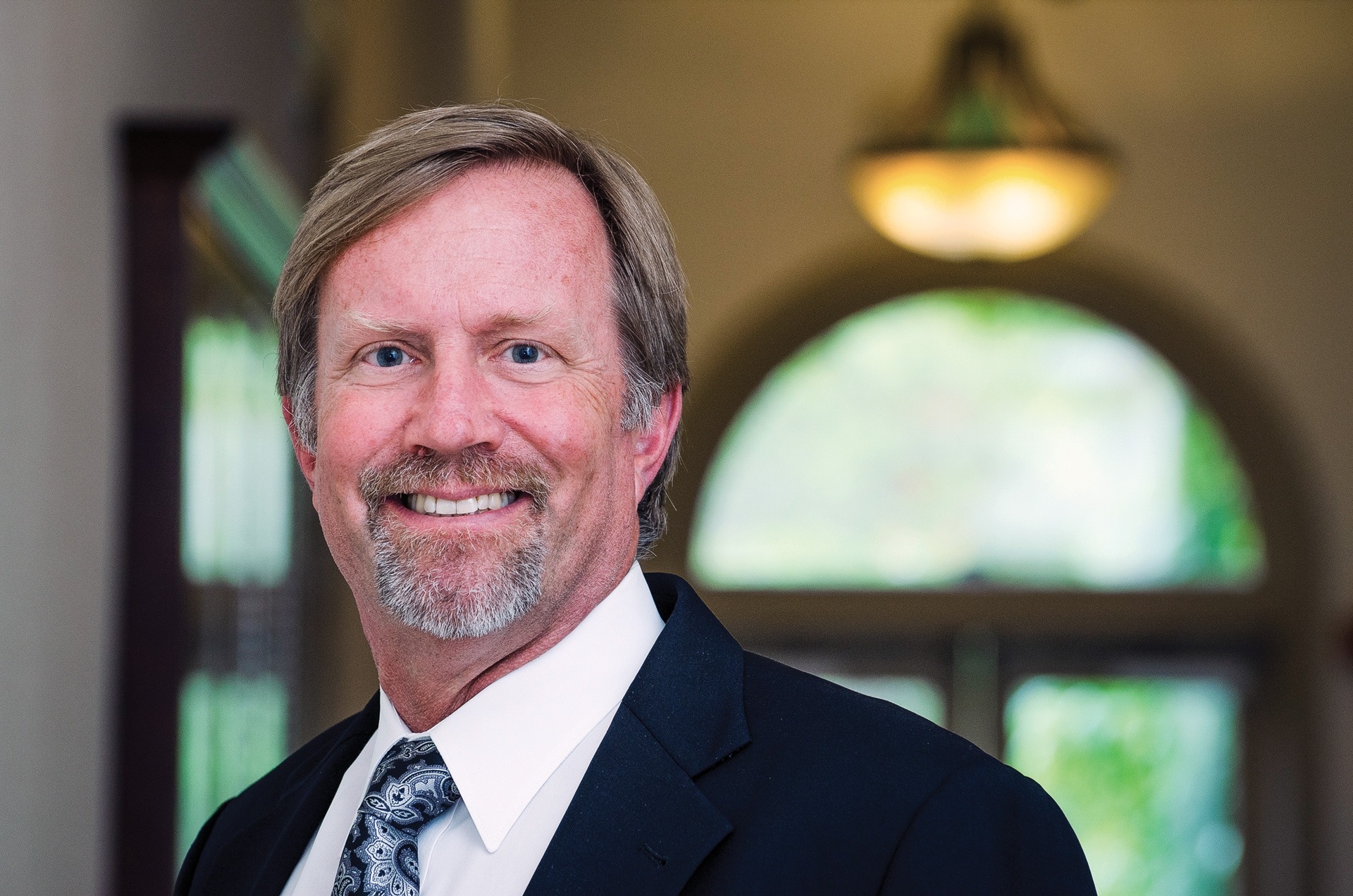Maintaining focus as a college provost is a challenge requiring a delicate balance of action and delegation, and the University of La Verne’s No. 2 administrator says that is a skill he is always trying to refine.
“I’m learning to delegate and trust and that’s a critical skill for a successful provost,” said Provost Jonathan Reed.
He leads the University’s academic vision at a time of transition.
Reed has been seeking a new dean for the College of Education and Organizational Leadership, the third of three deans who will have joined the campus community since summer 2015.
He is working with the campus community to intensify the dialogue on diversity at the University in the wake of the national discussion on college race relations. And he tries to keep himself and his colleagues focused on what he considers most important: student success.
Reed considers his overarching goals to include improving diversity, making financial decisions related to academic programs and facilities, and ensuring academic quality.
These are tremendous responsibilities, and he relies on deans and other leaders to help get the job done. Once he provides the parameters, he lets administrators work within those guidelines.
College of Law Dean Gilbert A. Holmes said that is what Reed did when Holmes and Associate Professor of Psychology Jerry Kernes co-chaired the search committee for a new College of Arts and Sciences dean in 2015.
“He wanted us to keep him advised as to where we were in the process, but at no point did he attempt to influence it,” Holmes said.
He also said that Reed’s ability to trust showed when Holmes proposed the College of Law’s True Tuition
Model in 2014. He said Reed has fully supported the college’s work toward gaining American Bar Association accreditation.
Reed maintains focus during his day by steering clear of e-mails while in meetings. The reason? He says responding immediately to all e-mails can be detrimental to long-term goals.
“It always puts the immediate concern at the forefront and there’s a tendency to become reactionary,” he said.
Outside of meetings, Reed has a daily ritual of wandering campus mid-afternoon to avoid feeling isolated in his office or conference rooms.
It is a part of the day he particularly enjoys, because it gives him an opportunity to strike up conversations
with random people from the campus community.
“I like to eat at Barbara’s Place and observe students and faculty and see
what’s happening on campus,” he said.
